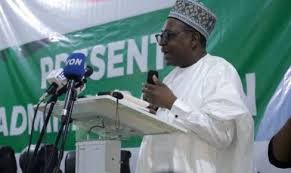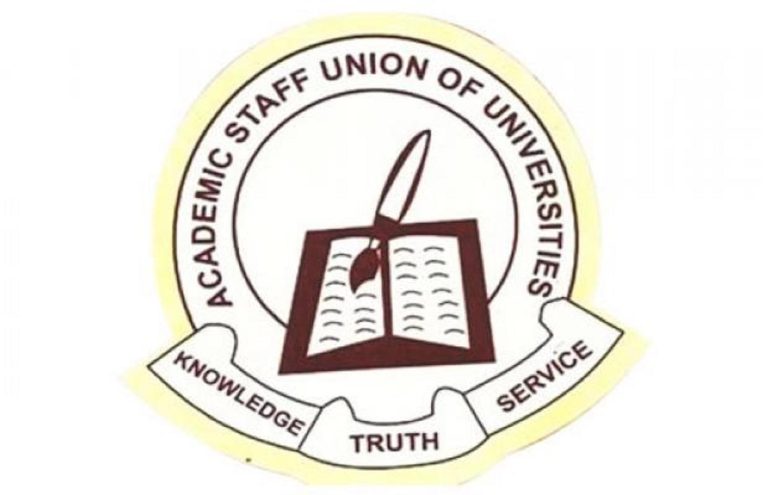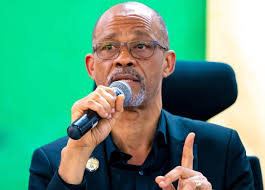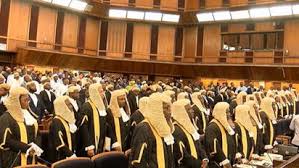
As part of its Renewed Hope Agenda, the Federal Government has spent more than N23 billion to strengthen Nigeria’s primary healthcare network, ensuring that citizens in every state have access to quality medical services.
The investment has been channelled into refurbishing over 1,295 Primary Health Care Centres nationwide, equipping them with essential medical devices, drugs, and vaccines, while installing solar power systems in 38 facilities to guarantee uninterrupted healthcare delivery.
In addition, more than 69,000 frontline health workers have been trained and provided with uniforms and work kits, and some states, such as Kaduna, have taken further steps to recruit additional personnel to sustain these reforms.
The programme also integrates maternal and child health initiatives, enrolling hundreds of thousands of pregnant women for antenatal services and immunisation campaigns, while partnerships with development organisations like GAVI, WHO, UNICEF, and the Global Fund help ensure the quality and reach of healthcare services.
The Executive Director of the National Primary Health Care Development Agency (NPHCDA), Muyi Aina, disclosed this on Thursday in Abuja during the official flag-off of the distribution of medical equipment and health commodities to PHCs.
He provided a breakdown of the expenditure, revealing that over N9 billion has been spent on procuring and deploying medical equipment, while more than N14 billion was used for essential health commodities, including drugs and vaccines.
Aina explained that the revitalisation programme is already yielding results, noting that some states are taking ownership by hiring additional healthcare personnel.
“Kaduna, for example, has recruited 216 skilled health attendants and 969 community-based health workers,” he said.
He also highlighted progress under the Maternal and Child Health Initiative, revealing that 411,000 pregnant women have been enrolled across 21 states, with 30,587 already receiving care, including antenatal services and referrals for diagnostics.
The NPHCDA boss warned against sabotage or diversion of medical supplies, urging health workers and government officials to safeguard the equipment and drugs.
“We want to appeal to the conscience of everyone involved in healthcare delivery. Protecting public health remains our priority. Those who persist in violating the regulations will face sanctions,” he said.
He further encouraged the use of digital tools such as the Green Book app, NAPAMS, and Scan2Verify platforms to confirm product authenticity and monitor distribution.
Also speaking, the Coordinating Minister of Health and Social Welfare, Muhammad Ali Pate, described the revitalisation as a landmark achievement in Nigeria’s healthcare reform. He lamented years of neglect that left many PHCs dysfunctional, forcing mothers to travel long distances for delivery and causing preventable deaths among children.
Pate reaffirmed that the government will not tolerate misuse or diversion of newly distributed supplies. “Any frontline worker, facility manager, or official found diverting resources meant for the people will face consequences”,he warned.
He also emphasised that the programme is not merely symbolic but a concrete fulfilment of promises under the Renewed Hope Agenda, aiming to ensure universal access to quality healthcare.
The initiative also includes upcoming immunisation campaigns targeting over 109 million children aged 14 and below, integrating measles and polio vaccinations with nutrition and malaria prevention interventions.
The Minister concluded by stressing the importance of collaboration with state governments, development partners, and communities to sustain the gains. “Our mission is clear: rebuild functional health centres, equip and staff them adequately, and ensure that every Nigerian, regardless of location, has access to essential healthcare services”, he said.



